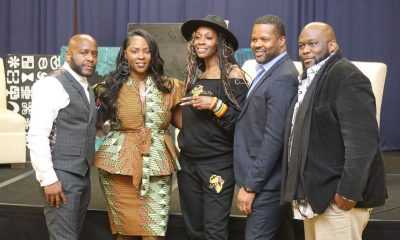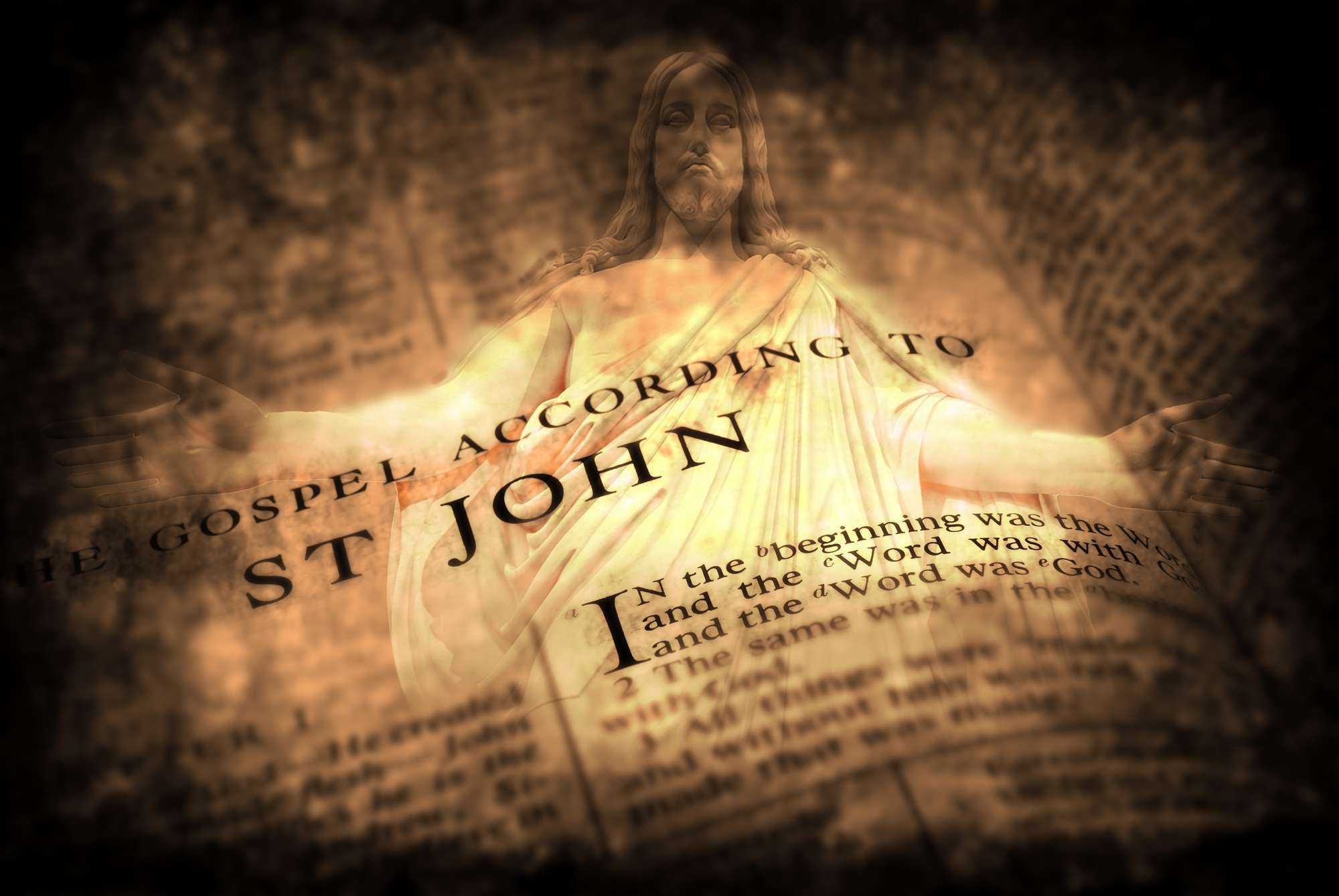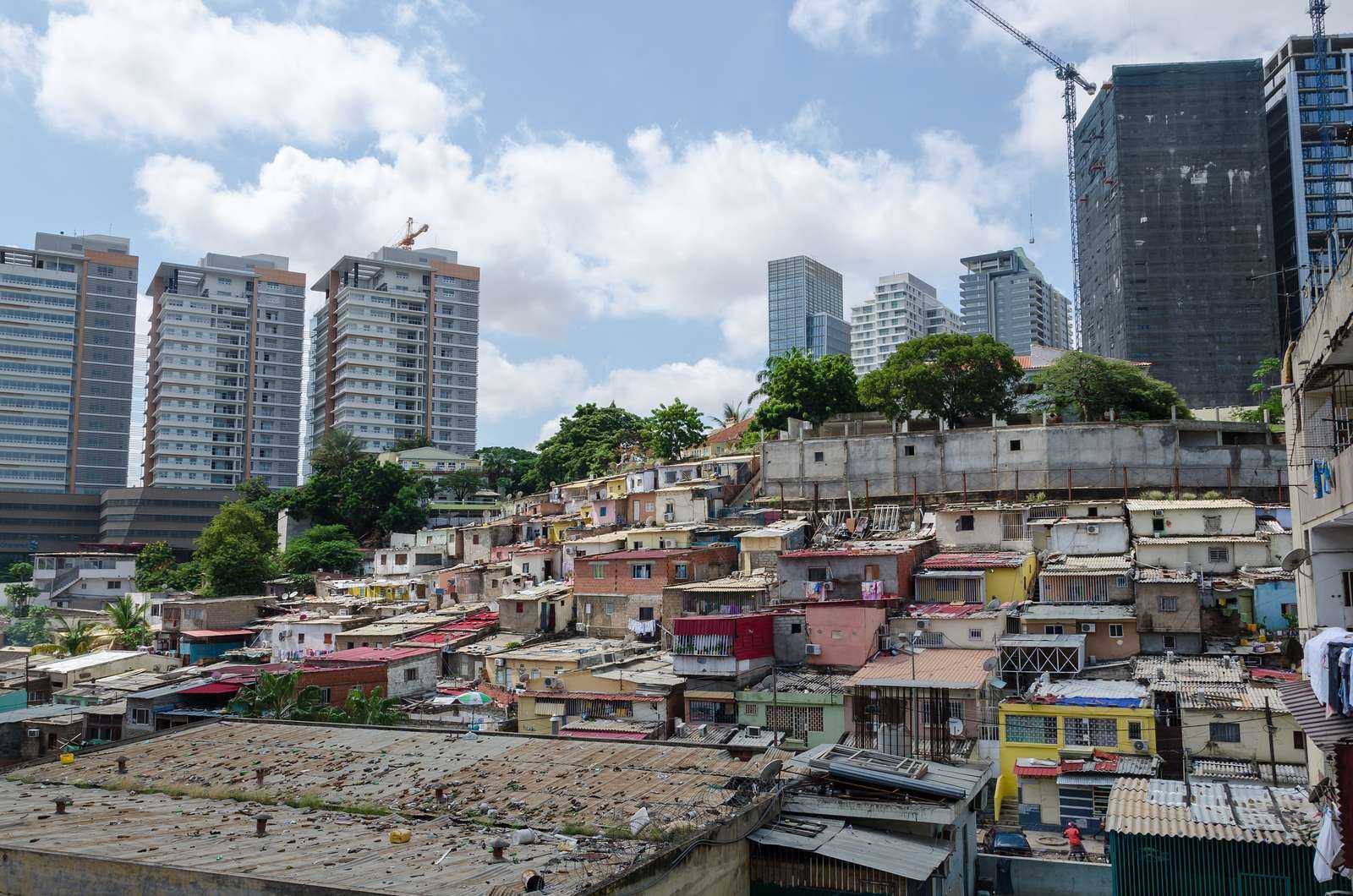BY ERROL A. GIBBS
How did the world arrive at its current state of crises, despite exponential growth in the religions of the world, academia, human knowledge, scientific and technological achievements in engineering and medicines, and material and financial wealth?
The rise of anti-semitism, political apathy, civil rebellion, racial discrimination, religious indifference, global hunger, growth in materialism, decline in spirituality, marriage and family breakdown, gang warfare, legal and illegal drug epidemic, war and terrorism, refugees and asylum seekers, and global warming —humanly inspired (Reference: ScienceDaily®) is the testimony.
Who or what is responsible for the current state of the global crises? Where does it begin? It begins with our inner thoughts, likewise, with our failure to comprehend the complexity of the lives of others beyond our experiences. The world is a collective of peoples’ inner thoughts, actions, and consequences. Every thought and action links human beings intrinsically — whether we live in the Orient or the Occident, or whether we are conscious or sub-conscious of this reality.
Human actions originate from a single subconscious thought. Richard Koch, former management consultant, entrepreneur, and writer, concurs, “The power of the subconscious is prodigious.” Ancient Greek philosophers have shared their philosophical thoughts to help guide human beings up through the ages. Thinkers of our postmodern era have also adopted various theories such as “The Law of Attraction,” which proffers a universal intelligence that manifests our fervent inner thoughts.
The current state of our world is an enigma. Every humane or inhumane thought can have profound consequences — negative or positive. Our upbringing and nurturing determine our worldview. Our worldview underpins our thoughts. Our thoughts guide our actions — good or bad. Thoughts determine how we live and behave towards others whom we believe that we are superior to, in intelligence, “race,” and culture.
We often marginalize others (intentionally or unintentionally) because of their “race,” color, religion, looks, height, shape, size, gender, language, or social and economic status. The assumption of superiority in intelligence, “race,” and culture rises to the apex of the causes of much of the disasters that afflicted human societies, from premodern to modern, and postmodern.
Nations have used these assumptions as a pretext to justify egregious acts against other “races,” cultures, and nations. World War I (1914-1918) and World War II (1939-1945), and countless other “wars of oppression” up to the twenty-first century. Herein lies the consequences of unintelligible assumptions.
The presupposition is that some people are born “equal,” while others are born “unequal.” Philosophically speaking, this writer presupposes that people are born either “equally unequal” or “unequally equal.” Exactly what factors constitute inferior and superior “races,” and which “race” or culture qualifies to make such a miss-guided judgment, after 6,000 years of record of human history. Scientific investigations teach:
©UNESCO (1979) declares: “Neither in the field of heredity concerning the overall intelligence and the capacity for cultural development nor in that of physical traits, is there any justification for the concept of ‘inferior’ and ‘superior’ races” (Declaration on Race and Racial Prejudice adopted by the General Conference of UNESCO at its twentieth session, Paris, November 1978). III Proposal on the Biological Aspect of Race — Moscow, August 1964, Article 13, Copyright © UNESCO 1979 (United Nations Education, Scientific, and Cultural Organization, p. 39).
Notwithstanding, the diversity of “races,” colors, religions, and cultures, a better world is imaginable. The totality of human experiences teaches that every human being yearns for love, friendship, peace, hope, mercy, empathy, and compassion. It further illustrates that at the sub-conscious level, every human being is in search for freedom, security, justice, health, spirituality (joy), and happiness.
Human intelligence proffers the Creator did not place intelligent humans on Earth to live unintelligibly —a life underpinned by “conflict of differences.” Except for natural disasters, world crises are either “humanly caused” or “humanly inspired.” Notwithstanding, it is unthinkable that the leaders of nations would call upon followers to turn inwardly, to the real source of the global crisis that afflicts humankind — the thoughts that reside in the labyrinths of our mind.
The dynamics of the postmodern world calls for new ways to examine leadership, not just through political and economic prisms, but leading with spirit, presence, and authenticity (Schuyler, Goldman Kathryn, 2014). A new public leadership perspective is necessary; evidenced by the complexity of moral, social, political, and economic problems that postmodern thinkers refer to as “wicked problems.” Wicked actions are the primal agents of wicked thoughts.
“Wickedness isn’t a degree of difficulty. Wicked problems are different because traditional processes cannot resolve them, according to Horst W. J. Rittel and Melvin M. Webber, professors of design and urban planning at the University of California at Berkeley, USA. In the book: “Poor Leadership and Bad Governance,” Edited by Helms, Ludger, (2012), it provides a chronology of “wicked problems” facing leaders in our postmodern era.


 Junior Contributors1 week ago
Junior Contributors1 week ago
 Community News2 weeks ago
Community News2 weeks ago
 Community News2 weeks ago
Community News2 weeks ago
 Community News2 weeks ago
Community News2 weeks ago
 Community News2 weeks ago
Community News2 weeks ago
 Community News2 weeks ago
Community News2 weeks ago
 Community News2 weeks ago
Community News2 weeks ago
 Community News2 weeks ago
Community News2 weeks ago


























Clint Forsyth
April 21, 2019 at 1:39 pm
Excellent writeup. We really need to alter our perceptions of reality to start attacking some of the challenges we are facing in this modern world. Looking forward to part 2!
Errol Gibbs
May 6, 2019 at 3:26 pm
Thanks very much for your comments! You must be a deep thinker!
Errol
Millicent
May 2, 2019 at 7:32 am
I strongly support the findings and conclusions of this article. Too many of us look outside of ourselves for solutions to problems that exist on the inside.
The onus is on every single individual to instigate change. Only then will we have a changed world.
Errol Gibbs
May 6, 2019 at 3:31 pm
Thanks Millicent!
It is nice to know that a young lady like you are thinking about the state of the world, and how we can make a difference.
Errol
Waseem Warraich
February 15, 2020 at 6:45 am
It is very encouraging to know there are many people in the world believing in the “Power of Thought”; there might be many ways for like minded people to gather and promote the collective and powerful thought of reviving the social and moral values. We must try to establish a global platform in order to start addressing the root causes of moral decay and social disintegration.